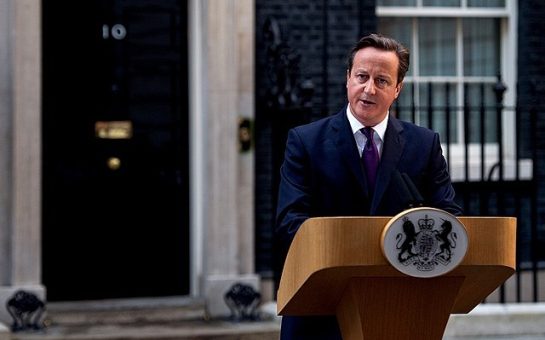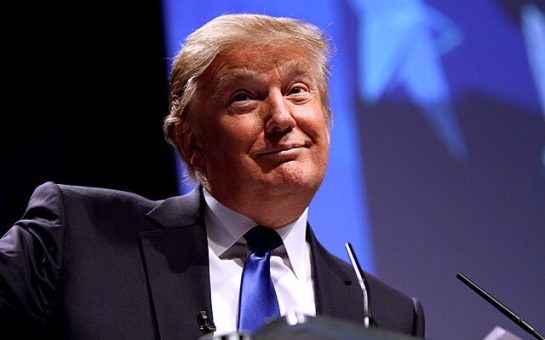The EU’s decision to impose tariffs on US goods – two years since the UK set the wheels in motion to leave the EU in a referendum – could be the end of the World Trade Organisation, says a leading academic.
In the same year Brexit happened, Donald Trump was confirmed as Barack Obama’s successor as President of the United States, with Trump imposing tariffs on steel and aluminium from the EU less than a month ago.
In response, the EU has announced 25% tariffs on whiskey, motorbikes and orange juice and other goods and 50% on footwear, some clothing and washing machines, without waiting for any World Trade Organisation (WTO) ruling.
According to University of Salford academic Dr Tony Syme, tariffs on $2.4 billion worth of goods is likely to have negative effects on the WTO.
Dr Syme said: “The EU imposing retaliatory tariffs on U.S. exports has wider implications than the customary negative economic effects of protectionism – it is another step towards the end of the World Trade Organisation (WTO).
“The WTO was formed in 1995 as a successor to the General Agreement on Tariffs and Trade (GATT) that would be a stronger multilateral organisation to monitor trade and resolve trade disputes.
“Its first key objective is to ‘set and enforce rules for international trade’. It may still meet the first part of this objective, but this trade war exposes how it is failing in the second.
“Its weakness was exposed the last time that an American President imposed tariffs on steel imports. In March 2002, George W. Bush imposed tariffs of up to 30%, citing a surge of imports.
“As in the latest example, the EU threatened retaliatory tariffs but these were not implemented while a case was being filed at the Dispute Settlement Body of the WTO.”
In recent years, the US trade deficit has increased to $50 billion with US consumers buying more foreign goods from overseas. The new tariffs introduced by the EU, however, are designed to correct the imbalance.
“It took 20 months for the WTO to make a ruling that the tariffs were a violation of American WTO commitment,” added Dr Syme.
“Within a month, President Bush backed down and the tariffs were withdrawn, but in the intervening period, U.S. steel production had risen and, in the mid-term elections, the Republican Party made net gains in the steel-making swing states of Pennsylvania and Ohio. Imports of iron and steel from the EU fell by 18% and 14% in 2002 and 2003, respectively.
“This time, the EU hasn’t waited patiently for the WTO to make a ruling and has imposed the tariffs now.
“The difference this time around is the person that these countries are dealing with. While President Bush may have respected the authority of multilateral organisations, President Trump does not.”
Image courtesy of Euronews via YouTube, with thanks.



